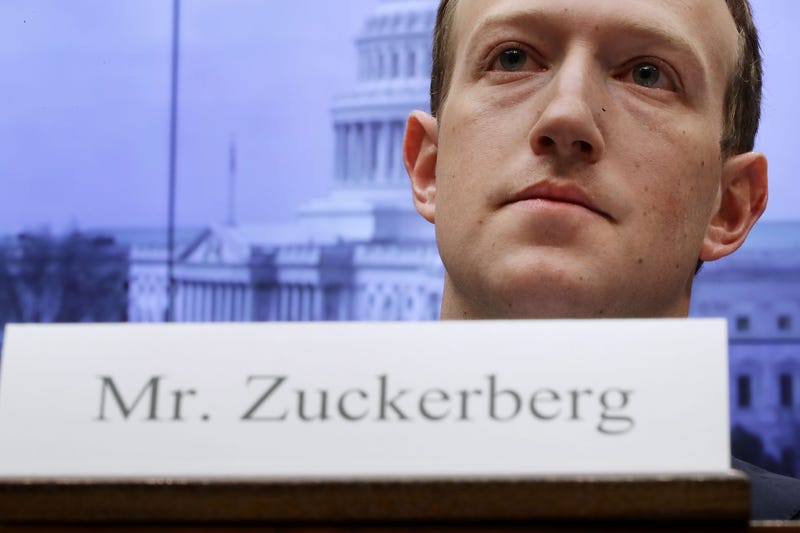

PHILADELPHIA (KYW Newsradio) — Facebook has been in the news a lot for all the wrong reasons.
A whistleblower named Frances Haugen said the tech giant hides what it knows about the damage it does with regards to division and hate, and prioritizes its own interests over what is good for the public and Facebook users.
The combination of public pressure on the social media giant, the questions its users have about trust, its changing user demographics and the challenge of moderating a site used by nearly one-third of the world's population may be leading Facebook to a point of decision about how it operates, according to a Philadelphia-based management expert.
"Facebook as a company finds itself sort of at a crossroads," La Salle University Assistant Professor of Management and Leadership Dr. Patrick Coyle told our Matt Leon in one of the latest KYW Newsradio In Depth podcasts.
"They're wondering whether or not to stay with the business model that they have used for so long, or whether or not they want to transition."
Dr. Coyle said part of that involves the age of their primary user base, and if they want to draw in a younger audience.
However, he also coneyed how part of Facebook's challenge involves running a platform which not only serves nearly 3 billion people, but is an important part of many of those people's lives and interactions with others.
"Content moderation at scale is a significant challenge," Dr. Coyle admits.
"What makes Facebook a very difficult system to manage is the extent to which they can succeed [at] content moderation, not to mention managing its impact on society which grows and changes on a day-to-day basis."
Dr. Coyle argued that Facebook has been clear about their business model "from the very beginning," that they want people to use their platform for as long as possible every day.
But he also said that since the public now better understands Facebook's issues, individuals can better discern whether they trust Facebook.
Still, he understands that a lack of trust for a user does not necessarily mean that person will abandon the world's largest social media platform.
"It's actually fair to wonder just how much Facebook is really concerned about things like public trust. The company has shown that it's more than willing to engage in public relations," Dr. Coyle said. "But people don't necessarily need to trust Facebook in order to interact with it."
Dr. Coyle also dived in with Matt about the level of control Mark Zuckerberg has over the company, what his future may be with the company, how Facebook may evolve, and what government may do in response to the revelations about the platform.
Listen to the full KYW Newsradio In Depth podcast about Facebook's issues and its future in the podcast player above.



